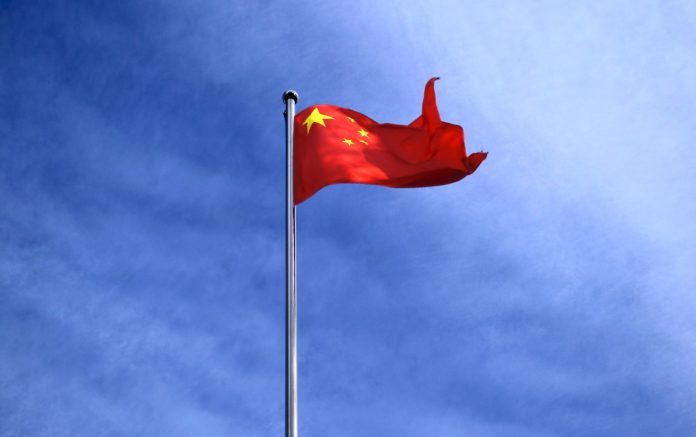10/23/2020 Washington D.C. (International Christian Concern) – “Religious scholars and imams were some of the first to be detained [by the government]. Even mothers of young children have been taken without warning, and their children have been put in orphanages…a plan to keep Uyghur children under state control,” Zubayra Shamseden of the Uyghur Human Rights Project shared at a webinar event hosted by ICC. She described the horrible way the CCP had strategically targeted her religious community.
The Falun Gong and Uyghur communities have experienced the brunt of China’s despicable organ harvesting trade and concentration camps. ICC hosted three virtual events through June and July, covering the history of China’s animus toward religion from 1949 to the present day. During the first two events, voices from Christian, Falun Gong, and Uyghur religions all helped to shed light on the persecution facing their people. Their testimonies further revealed the broad trends of religious oppression in China.
Concerning Trends in China
Persecution abounds all over the world, but in few places does it happen at the scale seen in China. From large-scale internment of whole communities in concentration camps to exerting social pressure on the smallest of house churches, China seems determined to stamp out religion within its borders.
The international community is beginning to take note of the concerning trends in China. It is beginning to discuss what can be done to encourage religious freedom in the world’s most populous communist regime. The US is helping to lead the charge, recently announcing sanctions on several top party officials with direct responsibility for the persecution of religion.
Joining in that international discussion, ICC recently conducted an awareness campaign in Washington, D.C. to shed light on the issue of religious oppression in China. While COVID-19 changed the typical format of in-person meetings and events, ICC was still able to raise awareness through virtual events, publications, and virtual outreach to key figures on Capitol Hill.
A Groundbreaking Report
ICC’s final event, held in late July, featured the launch of ICC’s new report, Religious Suppression in China: The legal underpinnings and practical implications of China’s systematic suppression. This report, along with an exclusive interview with members of a heavily persecuted church, helped shed light on the underlying legal barriers to religious freedom and the immense personal cost of China’s hostility toward the Church.
The report, written by ICC’s Gina Goh and several other subject-matter experts, contained various facets of Christian persecution in China. It also helped policymakers understand the legal context and practical impact of China’s campaign against religion. The legal structure surrounding China’s persecution is opaque and confusing. Its laws technically prohibit the kind of oppression happening every day, and understanding the inner workings of how China skirts its own laws to persecute religion helps D.C. policymakers counter China more effectively.
Also covered in the report is the “sinicization” campaign undertaken by China’s communist party. This campaign attempts to assimilate religious minorities into mainstream, secular Chinese culture through the use of heavily restricted, state-sanctioned religious organizations. The most famous example of this is the Three-Self Movement, which allows for a highly censored version of Christian worship.
The Chinese government touts the Three-Self church as progress for religious freedom when, in reality, it is just another example in the long list of China’s aggression against its Christian community. A recent trend has seen the government replace many Christian symbols, such as crosses, with CCP paraphernalia. In at least one incident, the Ten Commandments were replaced with quotes from President Xi Jinping.
Washington, D.C. and the broader international community have a responsibility to stand up for the rights of the Chinese people and counter the Chinese government’s oppression. The world must stand up to persecution, and nowhere is this more apparent than in China.














